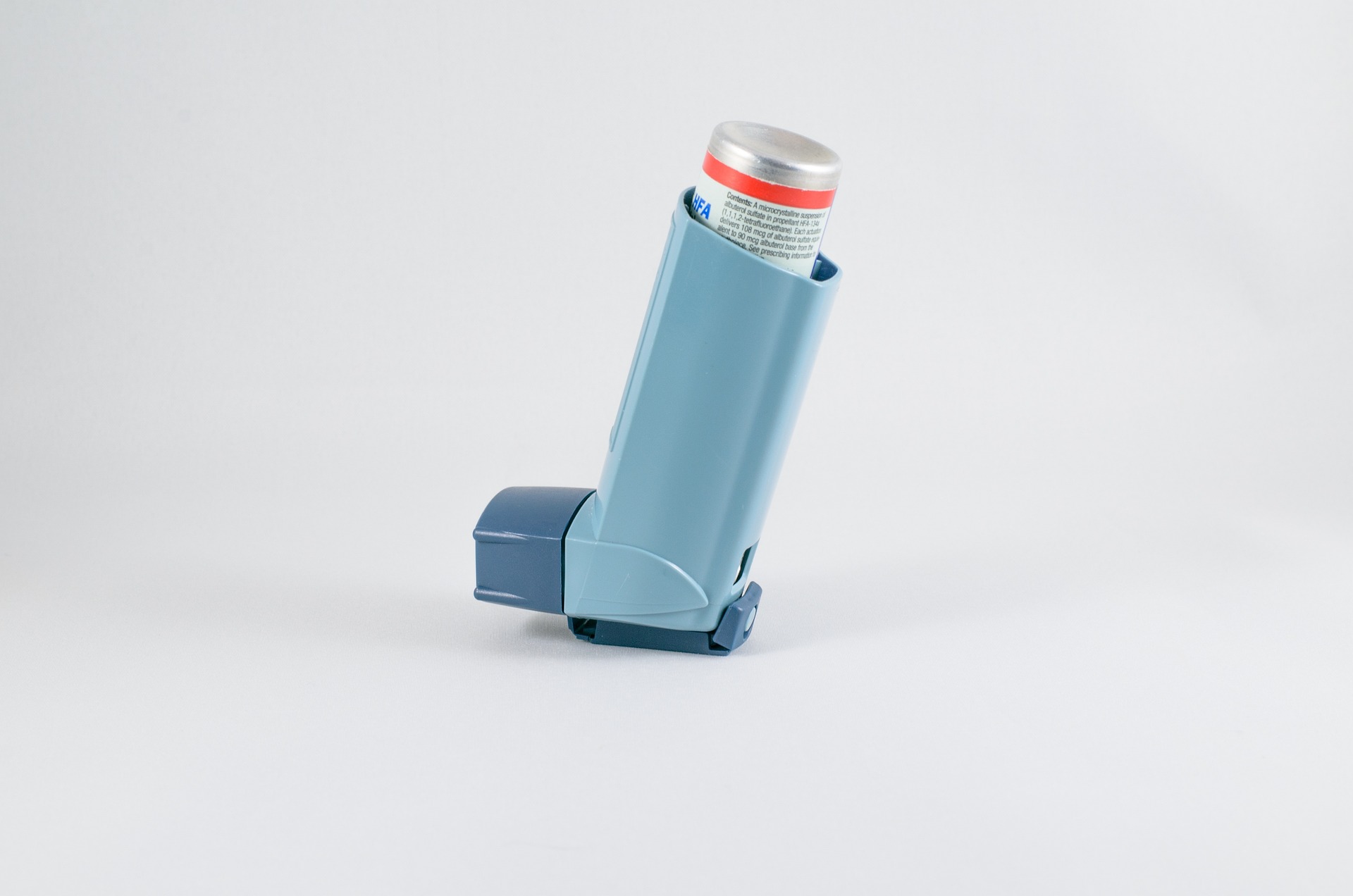COPD Treatment: Breathing Easier with Modern Solutions
Chronic Obstructive Pulmonary Disease (COPD) affects millions worldwide, making breathing a daily challenge. However, with advancements in medical science and a better understanding of the condition, those living with COPD can now access a range of treatments to improve their quality of life. This article explores the latest approaches to COPD management, offering hope and practical solutions for patients and their families.

Understanding COPD: A Complex Respiratory Condition
COPD is a progressive lung disease that obstructs airflow, making it difficult to breathe. It encompasses two main conditions: chronic bronchitis and emphysema. The primary cause is long-term exposure to irritating gases or particulate matter, most often from cigarette smoke. Understanding the nature of COPD is crucial for effective treatment and management.
Medications: The Frontline of COPD Treatment
Bronchodilators and corticosteroids form the cornerstone of COPD medication. Inhaled bronchodilators work by relaxing the muscles around the airways, making breathing easier. Long-acting bronchodilators provide sustained relief, while short-acting ones offer quick relief during sudden symptoms. Corticosteroids reduce airway inflammation, often used in combination with bronchodilators for enhanced effectiveness.
Lifestyle Changes: Empowering Patients
While medications play a vital role, lifestyle modifications are equally important in COPD management. Smoking cessation is the single most effective intervention for slowing COPD progression. Regular exercise, though challenging, improves overall lung function and stamina. A healthy diet rich in antioxidants supports lung health, while avoiding triggers like air pollution can prevent exacerbations.
Pulmonary Rehabilitation: A Comprehensive Approach
Pulmonary rehabilitation programs offer a multidisciplinary approach to COPD management. These programs typically include exercise training, nutritional counseling, and education about COPD self-management. Patients learn breathing techniques, energy conservation methods, and strategies to cope with the emotional aspects of living with a chronic condition. The benefits extend beyond physical improvements, enhancing overall quality of life.
Innovative Therapies: Exploring New Horizons
In the United States, research into COPD treatment is advancing rapidly. Emerging therapies include targeted biologics that address specific inflammatory pathways in COPD. Gene therapy and stem cell treatments show promise in repairing lung damage. Additionally, telemedicine and remote monitoring technologies are revolutionizing how patients manage their condition at home, providing real-time support and early intervention capabilities.
Oxygen Therapy and Surgical Options
For advanced COPD, supplemental oxygen therapy can significantly improve quality of life and extend survival. Modern portable oxygen concentrators offer greater mobility and independence. In severe cases, surgical interventions like lung volume reduction surgery or lung transplantation may be considered. These procedures, while complex, can dramatically improve lung function in carefully selected patients.
Comparing COPD Treatment Providers in the USA
When seeking COPD treatment, it’s crucial to compare providers to find the best care. Here’s a comparison of some leading COPD treatment centers in the United States:
| Provider | Specialties | Unique Offerings | Estimated Cost Range |
|---|---|---|---|
| National Jewish Health (Denver, CO) | Comprehensive COPD care, Research | Advanced diagnostic tools, Clinical trials | \(\) |
| Mayo Clinic (Rochester, MN) | Multidisciplinary approach, Personalized treatment | Cutting-edge therapies, Integrated care | \(\) |
| Cleveland Clinic (Cleveland, OH) | Pulmonary rehabilitation, Advanced treatments | Minimally invasive procedures, Telemedicine options | \(\) |
| Johns Hopkins Medicine (Baltimore, MD) | Research-driven care, Innovative therapies | Specialized COPD clinics, Genetic counseling | \(\) |
Choosing the right provider depends on factors like location, severity of COPD, and specific treatment needs. It’s advisable to consult with your primary care physician and insurance provider to determine the most suitable and cost-effective option for your situation.
In conclusion, COPD treatment has come a long way, offering hope and improved quality of life for those affected. From medications and lifestyle changes to cutting-edge therapies and comprehensive rehabilitation programs, the options for managing COPD are more diverse and effective than ever before. As research continues to advance, the future holds even more promise for those living with this challenging condition.
Disclaimer: This article is for informational purposes only and should not be considered medical advice. Please consult a qualified healthcare professional for personalized guidance and treatment.
The shared information of this generated article is up-to-date as of the publishing date. For more up-to-date information, please conduct own research.




